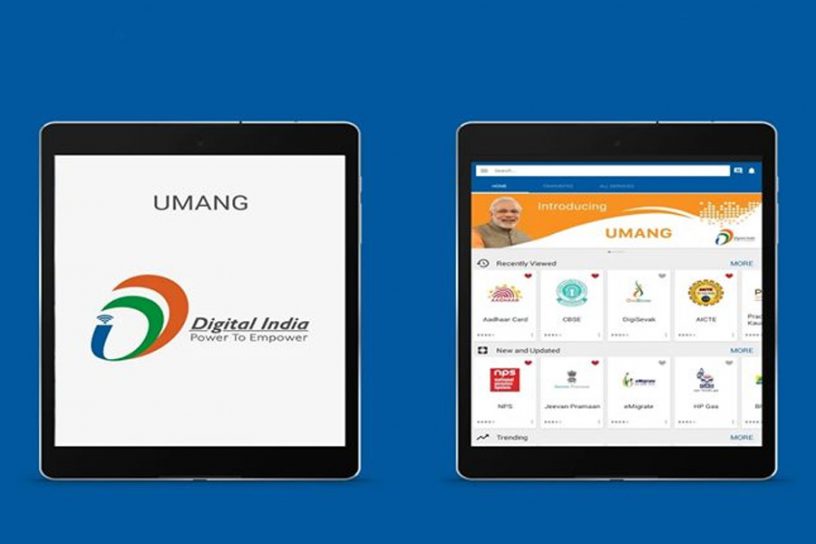
The findings of this study can help in designing citizen centric e-government services and prioritizing the right dimension of citizens’ experience.
Authors
Avinash Jain, Lecturer, Jindal School of Banking and Finance, O.P. Jindal University, Sonipat, Haryana, India.
Satya Bhusan Dash, Indian Institute of Management, Lucknow, Uttar Pradesh, India.
Summary
Governments globally are striving to improve citizens’ service delivery by adopting digital technologies, such as online portals and call centres. Although digitization provides an opportunity to improve citizens’ satisfaction, to design citizen centric e-government services, agencies need to proactively understand citizens’ experiences.
This study explored the Google Play reviews of UMANG (an aggregated e-government mobile application of the Government of India). We aggregated 4,921 reviews provided from March 2020 to April 2021.
We first theoretically (using the S-O-R framework) and empirically (link between sentiment polarity and user rating) examined the validity of user reviews to extract insights into citizens’ experiences.
Subsequently, we extracted eight topics related to citizens’ experiences by using latent Dirichlet allocation, an unsupervised machine learning algorithm. The following topics were identified—perceived usefulness, ease of use, product feature experience, delivery turnaround time, technological experience, login experience, customer care experience, and payment experience.
We validated identified topics by determining the inter-rater agreement between LDA and human rater output. Finally, we calculated the relative importance of the identified topics and topic-wise sentiment polarity. The findings of this study can help in designing citizen centric e-government services and prioritizing the right dimension of citizens’ experience.
Published in: IIM Kozhikode Society and Management Review
To read the full article, please click here.


